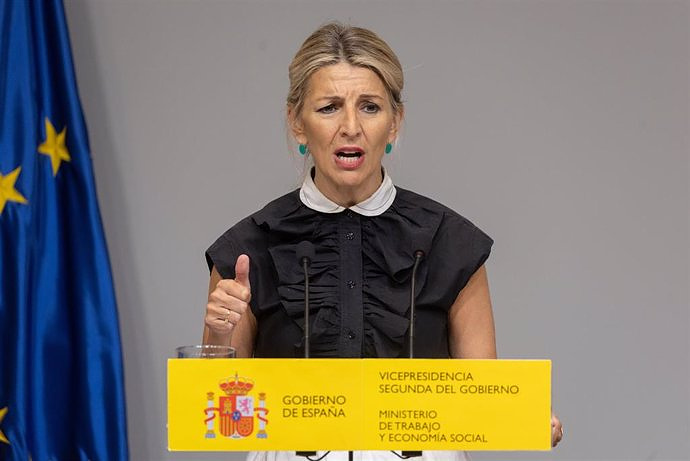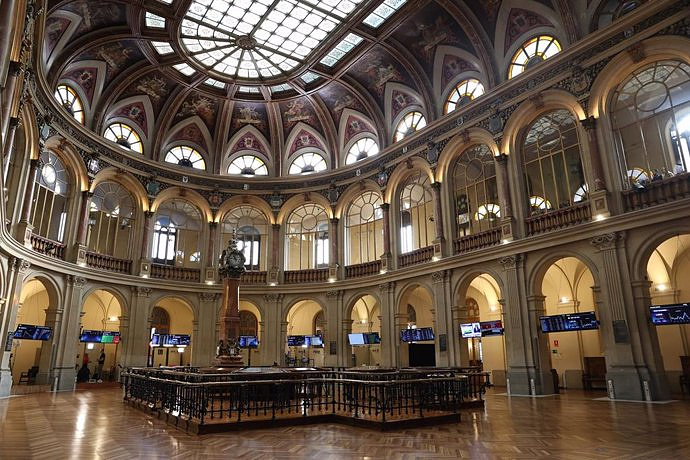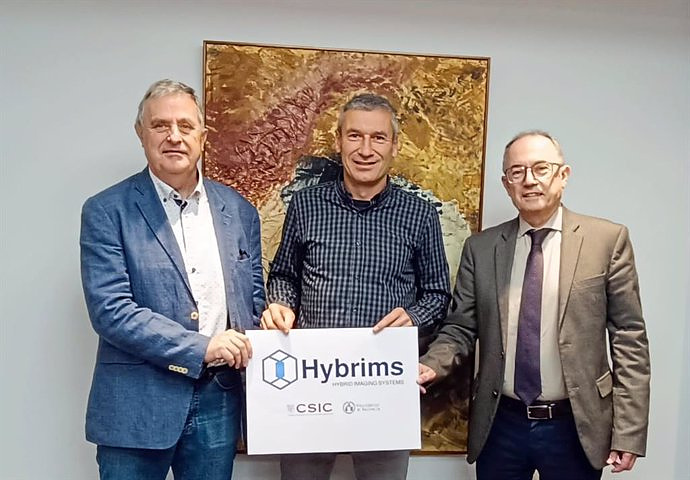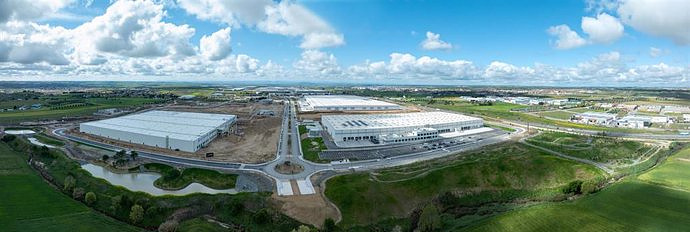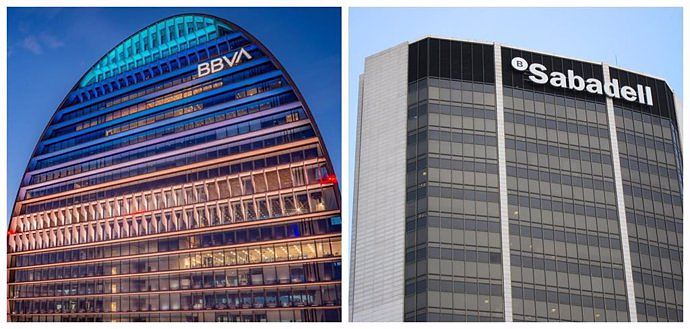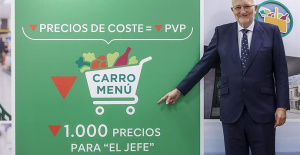The Russian Defense Minister, Sergei Shoigu, announced this Friday the end of the partial mobilization decreed by the Russian president, Vladimir Putin, in the midst of the war in Ukraine after recruiting some 300,000 people.
"The dispatch of citizens summoned for mobilization has been completed today. The notification of citizens has stopped. No additional tasks are planned," the Russian Defense Minister informed the president during a meeting, as reported by the news agency interface.
According to data provided by Shoigu, some 82,000 Russians have been mobilized to the Ukrainian front. Russia will continue to recruit troops only by accepting volunteers and candidates for military service under contract.
As part of the "partial mobilization," Russia has recruited more than 1,300 representatives of the executive powers at various levels, while 27,000 of the total recruits -- with an average age of 35 -- would be businessmen.
Shoigu stressed that "problems with the supply and allocation of conscripted citizens that arose at the initial stage of partial mobilization in Russia have been resolved," according to the TASS news agency.
On September 21, Putin signed a decree for "partial mobilization" in the country in order to recruit at least 300,000 citizens to fight in the war with its neighboring country, which began at the end of February.
The Russian president framed the decision arguing that they were "necessary and urgent measures to protect the sovereignty, security and territorial integrity of Russia" and warned that Moscow would use "all means" in the event of a "threat to Russian territorial integrity". . "It's not a bluff," he maintained.
The "partial mobilization" provoked demonstrations in Moscow, as well as in other Russian cities such as Saint Petersburg, while the Prosecutor's Office warned potential attendees of these marches that they could be committing a crime.
Specifically, according to the count prepared by the OVD organization, which advocates for civil rights in Russia and which denounced cases of alleged police abuse and incommunicado detention in the context of the protests, more than 1,300 demonstrators were arrested during the first day, between them minors and journalists.
The president of Ukraine, Volodimir Zelenski, appealed in a speech to the Russian citizens to protest the decision in the streets of the different cities of the country. For his part, the UN High Commissioner for Human Rights urged the Russian authorities to respect the right of protesters in the face of increased police violence.

 Exploring Cardano: Inner Workings and Advantages of this Cryptocurrency
Exploring Cardano: Inner Workings and Advantages of this Cryptocurrency Seville.- Economy.- Innova.- STSA inaugurates its new painting and sealing hangar in San Pablo, for 18 million
Seville.- Economy.- Innova.- STSA inaugurates its new painting and sealing hangar in San Pablo, for 18 million Innova.- More than 300 volunteers join the Andalucía Compromiso Digital network in one month to facilitate access to ICT
Innova.- More than 300 volunteers join the Andalucía Compromiso Digital network in one month to facilitate access to ICT Innova.-AMP.- Ayesa acquires 51% of Sadiel, which will create new technological engineering products and expand markets
Innova.-AMP.- Ayesa acquires 51% of Sadiel, which will create new technological engineering products and expand markets Cos bids farewell to Congress warning that the lack of political consensus "affects economic prospects"
Cos bids farewell to Congress warning that the lack of political consensus "affects economic prospects" Two workers died and one injured when two floors collapsed in a building under construction in Fuencarral
Two workers died and one injured when two floors collapsed in a building under construction in Fuencarral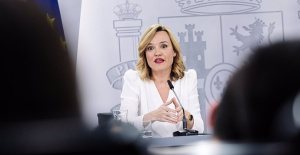 The Government will wait until after the European elections to propose measures on democratic regeneration
The Government will wait until after the European elections to propose measures on democratic regeneration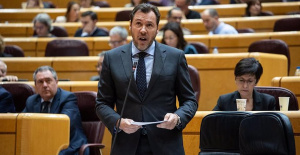 The PP sees Puente as Sánchez's "servant" and the PSOE as a "sect", and the minister accuses them of putting on a show
The PP sees Puente as Sánchez's "servant" and the PSOE as a "sect", and the minister accuses them of putting on a show How Blockchain in being used to shape the future
How Blockchain in being used to shape the future Not just BTC and ETH: Here Are Some More Interesting Coins Worth Focusing on
Not just BTC and ETH: Here Are Some More Interesting Coins Worth Focusing on They develop devices for the precise diagnosis of cancer patients
They develop devices for the precise diagnosis of cancer patients UMH researchers are working on a high-quality apricot crop that requires less irrigation water
UMH researchers are working on a high-quality apricot crop that requires less irrigation water The UPV develops an application to improve the quality of life of patients with glioblastoma
The UPV develops an application to improve the quality of life of patients with glioblastoma A sensor system obtains the fingerprint of essential oils and detects if they have been adulterated
A sensor system obtains the fingerprint of essential oils and detects if they have been adulterated A million people demonstrate in France against Macron's pension reform
A million people demonstrate in France against Macron's pension reform Russia launches several missiles against "critical infrastructure" in the city of Zaporizhia
Russia launches several missiles against "critical infrastructure" in the city of Zaporizhia A "procession" remembers the dead of the Calabria shipwreck as bodies continue to wash up on the shore
A "procession" remembers the dead of the Calabria shipwreck as bodies continue to wash up on the shore Prison sentences handed down for three prominent Hong Kong pro-democracy activists
Prison sentences handed down for three prominent Hong Kong pro-democracy activists ETH continues to leave trading platforms, Ethereum balance on exchanges lowest in 3 years
ETH continues to leave trading platforms, Ethereum balance on exchanges lowest in 3 years Investors invest $450 million in Consensys, Ethereum incubator now valued at $7 billion
Investors invest $450 million in Consensys, Ethereum incubator now valued at $7 billion Alchemy Integrates Ethereum L2 Product Starknet to Enhance Web3 Scalability at a Price 100x Lower Than L1 Fees
Alchemy Integrates Ethereum L2 Product Starknet to Enhance Web3 Scalability at a Price 100x Lower Than L1 Fees Mining Report: Bitcoin's Electricity Consumption Declines by 25% in Q1 2022
Mining Report: Bitcoin's Electricity Consumption Declines by 25% in Q1 2022 Oil-to-Bitcoin Mining Firm Crusoe Energy Systems Raised $505 Million
Oil-to-Bitcoin Mining Firm Crusoe Energy Systems Raised $505 Million Microbt reveals the latest Bitcoin mining rigs -- Machines produce up to 126 TH/s with custom 5nm chip design
Microbt reveals the latest Bitcoin mining rigs -- Machines produce up to 126 TH/s with custom 5nm chip design Bitcoin's Mining Difficulty Hits a Lifetime High, With More Than 90% of BTC Supply Issued
Bitcoin's Mining Difficulty Hits a Lifetime High, With More Than 90% of BTC Supply Issued The Biggest Movers are Near, EOS, and RUNE during Friday's Selloff
The Biggest Movers are Near, EOS, and RUNE during Friday's Selloff Global Markets Spooked by a Hawkish Fed and Covid, Stocks and Crypto Gain After Musk Buys Twitter
Global Markets Spooked by a Hawkish Fed and Covid, Stocks and Crypto Gain After Musk Buys Twitter Bitso to offset carbon emissions from the Trading Platform's ERC20, ETH, and BTC Transactions
Bitso to offset carbon emissions from the Trading Platform's ERC20, ETH, and BTC Transactions Draftkings Announces 2022 College Hoops NFT Selection for March Madness
Draftkings Announces 2022 College Hoops NFT Selection for March Madness

